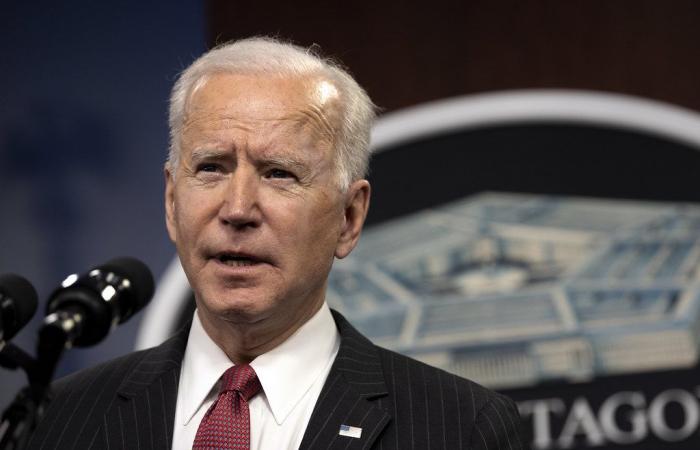The United States has launched an investigation into anticompetitive practices in China's microchip industry, specifically targeting so-called legacy chipthat is, non-advanced and large devices (from twenty-eight nanometers upwards) which however are widely used: they are present in cars and household appliances, for example, and also in some defense and telecommunications systems.
I legacy chip they are neither as high-performance nor considered as critical as semiconductors for artificial intelligence, which are much smaller in size. Nonetheless, Commerce Secretary Gina Raimondo explained that “we need resilient supply chains for these chips, because we saw what happened during Covid”: the over-reliance on foreign suppliers in a time of logistics crisis, i.e. , has in many cases caused the interruption of production and caused prices to rise.
NEW DUTIES COMING?
The investigation will take months and could provide the next president, Donald Trump, with an opportunity to impose new tariffs against China. In May, however, Joe Biden's administration had already announced a doubling – from 25 to 50 percent – of tariffs precisely on legacy chip imported from China, starting from 2025.
THE INVESTIGATION ON LEGACY CHIP CHINESE
According to a recent survey by the US Department of Commerce, more than two-thirds of products made by American companies contain Chinese-made microchips. China is a major producer of technologically mature chips, while it does not have the capabilities to design and manufacture cutting-edge ones.
In the statement presenting the investigation, the Biden administration states that Beijing is seeking “to dominate domestic and global semiconductor industry markets and has adopted extensive anticompetitive and nonmarket practices, including establishing and pursuing market share objectives, to achieve Indigenisation and self-sufficiency”.
Washington also claims that “acts, policies and practices” of the Chinese microchip industry “appear to have and threaten harmful impacts” on the economies of the United States and other countries because they could undermine their competitiveness, supply chain status and security.
BIDEN'S LATEST RESTRICTIONS ON MICROCHIPS
At the beginning of December the United States introduced new restrictions on trade in semiconductors and machinery chipmaking with China: more specifically, these export controls concern high-bandwidth memories (they are components necessary for microchips for artificial intelligence) and twenty-four types of manufacturing equipment.
Furthermore, one hundred and forty Chinese companies were added to the so-called entity listi.e. the “black list” containing all those subjects with whom one cannot trade freely because they are believed to be connected to the Beijing government. Among the Chinese companies subjected to restrictions are Huawei and Smic.






